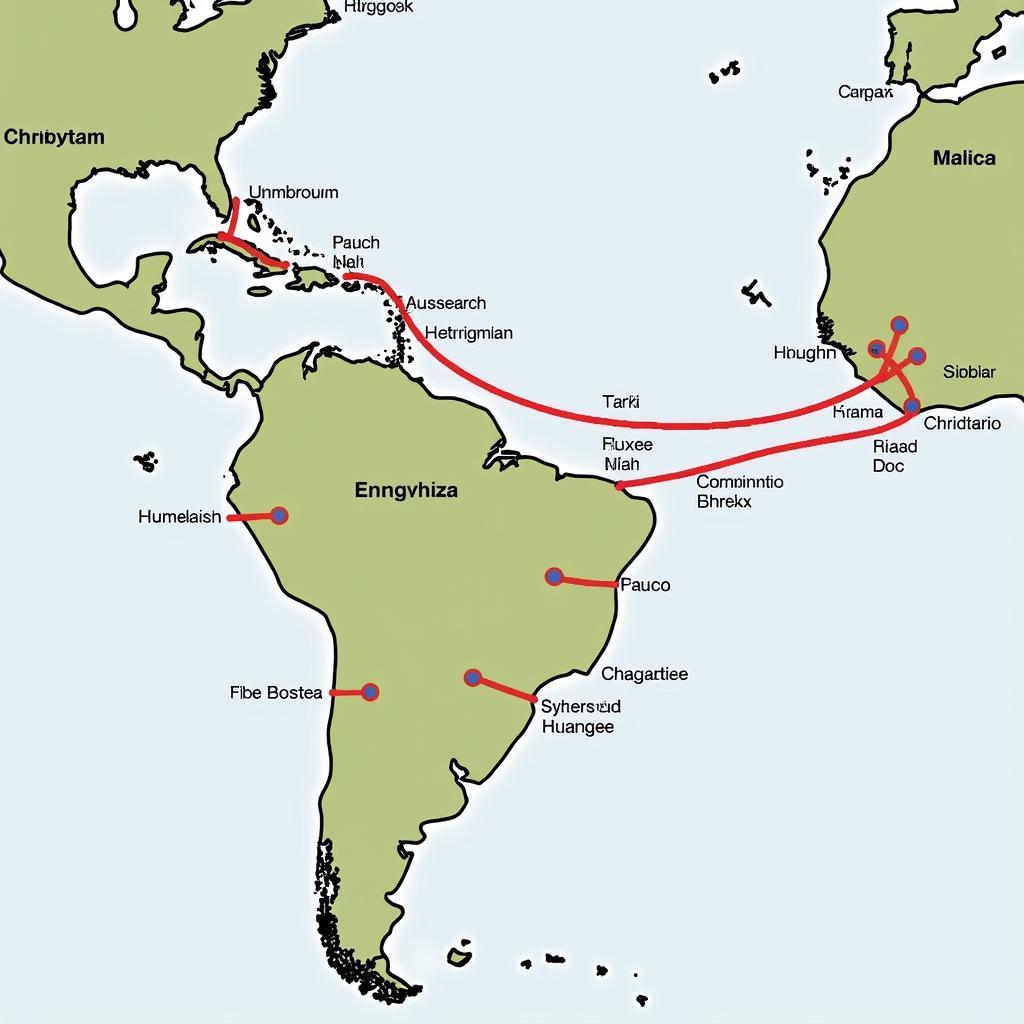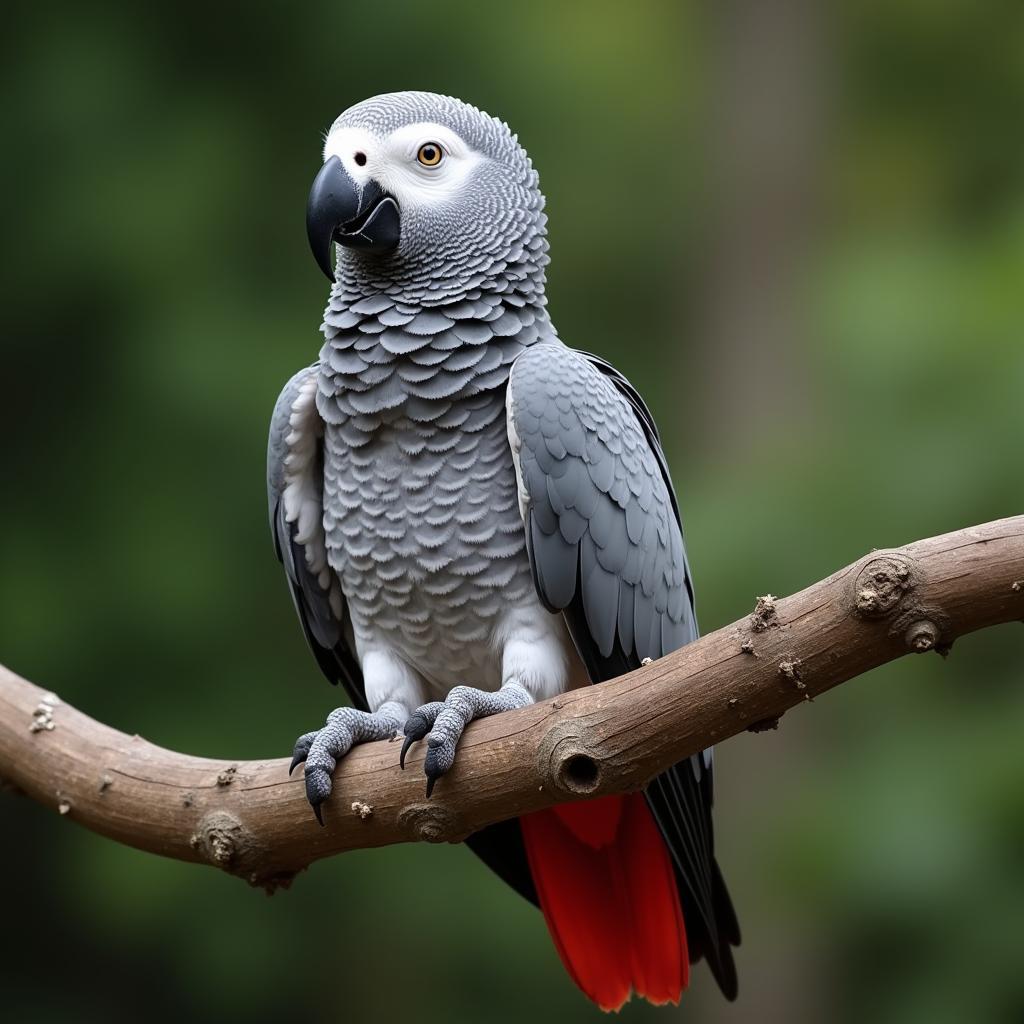Unveiling the Secrets of African Forest Dwellers
African Forest Dwellers represent a diverse tapestry of cultures, traditions, and lifestyles, intricately woven into the heart of the continent’s lush rainforests. These communities, often isolated and misunderstood, have developed unique adaptations to their environment, fostering a deep connection with the natural world. Let’s delve into the fascinating world of these forest peoples and discover the rich heritage they preserve.
Who Are the African Forest Dwellers?
African forest dwellers encompass a multitude of ethnic groups, each with its own distinct identity and customs. From the Baka pygmies of Central Africa to the Efe of the Ituri Rainforest, these communities share a common thread: their intimate relationship with the forest. They are the guardians of ancient knowledge, passed down through generations, about the medicinal properties of plants, the behavior of animals, and the rhythms of the forest ecosystem. This knowledge is not only essential for their survival but also holds invaluable insights for the world. After venturing into their world, you might want to explore more about African animals and their habitats.
The Baka Pygmies: Masters of the Rainforest
The Baka, known for their exceptional hunting and gathering skills, live in harmony with the Congo Basin rainforest. Their intimate knowledge of the forest allows them to sustainably harvest its resources, ensuring its preservation for future generations. Their traditional music, characterized by complex vocal polyphonies and rhythmic clapping, reflects their deep spiritual connection with the forest.
The Efe: Guardians of the Ituri
The Efe, residing in the Ituri Rainforest of the Democratic Republic of Congo, are renowned for their intricate knowledge of medicinal plants. They possess a vast pharmacopoeia, utilizing the forest’s bounty to treat a wide range of ailments. Their traditional hunting practices, involving the use of nets and spears, are carefully managed to ensure the sustainable use of wildlife resources. You might be interested to learn about African dungfish and their role in the ecosystem.
A Day in the Life of an African Forest Dweller
What does a typical day look like for someone living deep within the African rainforest? It often begins before sunrise, with the sounds of the forest awakening. Hunting and gathering activities are central to their daily routine, providing sustenance for the community. Traditional crafts, such as basket weaving and pottery, are also practiced, reflecting their artistic skills and resourcefulness.
The Challenges Faced by African Forest Dwellers
Sadly, African forest dwellers face numerous challenges in the modern world. Deforestation, driven by logging and agricultural expansion, poses a significant threat to their traditional way of life. Encroachment from outside communities often leads to land disputes and cultural clashes. Recognizing and addressing these challenges is crucial for protecting the cultural heritage and the very existence of these unique communities. Explore the diverse African antelopes list that inhabit these threatened environments.
Protecting the Future of Forest Communities
Efforts are underway to empower forest dwellers and ensure their rights are protected. Sustainable development initiatives, focused on eco-tourism and community-based conservation, offer a path towards a future where these communities can thrive while preserving their cultural heritage.
The Cultural Significance of African Forest Dwellers
African forest dwellers are not merely inhabitants of the rainforest; they are its custodians. Their cultures are intertwined with the forest, reflecting a profound respect for nature. Their stories, traditions, and knowledge hold invaluable lessons for humanity, reminding us of the importance of living in harmony with the natural world. Have you ever wondered about the stunning variety of African birds photos?
Conclusion: Preserving a Precious Legacy
African forest dwellers represent a vital link to our shared human past. Their intimate knowledge of the rainforest and their sustainable way of life offer invaluable lessons for the world. By understanding and supporting these communities, we can help protect a precious legacy for future generations. Let us work together to ensure that the voices of African forest dwellers continue to resonate within the heart of the forest.
Dr. Abeni Adebayo, a renowned anthropologist specializing in African cultures, emphasizes the importance of understanding these communities: “The forest dwellers possess a wealth of knowledge that is crucial for preserving biodiversity and promoting sustainable practices. Their cultural heritage is a treasure that must be protected.”
FAQs:
- What are the main threats to African forest dwellers? Deforestation, land disputes, and disease are major threats.
- How do forest dwellers contribute to conservation? Their traditional knowledge and practices contribute to sustainable resource management.
- What are some examples of forest dwelling communities? The Baka, Efe, and Mbuti are prominent examples.
- How can I support forest dwelling communities? Supporting organizations working on sustainable development and advocating for their rights are effective ways to help.
- Why is their cultural heritage important? It represents a unique adaptation to the rainforest and holds valuable lessons for sustainable living.
- What are some common misconceptions about forest dwellers? They are often wrongly perceived as primitive or backward.
- Where can I learn more about African forest dwellers? Research online, visit museums, and read books about African cultures.
Other Questions to Consider:
- What are the specific challenges faced by women in forest communities?
- How does climate change impact the lives of forest dwellers?
- What role do traditional beliefs play in their relationship with the forest?
For further information and support regarding African forest dwellers and their conservation, please contact us at: Phone: +255768904061, Email: kaka.mag@gmail.com, or visit our office at Mbarali DC Mawindi, Kangaga, Tanzania. We have a 24/7 customer support team ready to assist you.



